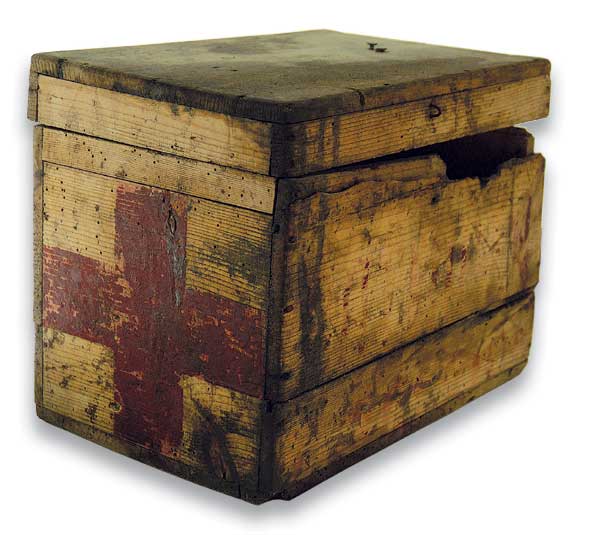Dr José María Simón Castellví
The intention of putting an end to the life of a sick person, even out of some idea of mercy, is not worthy of a proud Medicine. To die is not the same as to be killed. We, health workers, are meant to accompany people when they die, but should never seek the death of the patient or the aged.
Cruelty, over-zealousness or obstinacy are contained in those medical procedures that are burdensome, dangerous, extraordinary or disproportionate to the expected outcome, according to the wise definition of the Catholic Catechism. By discontinuing them one does not seek to cause death; one’s inability to impede it is merely accepted.
Ordinary care owed to a sick person – their hygiene, treatment of pain or anguish, moral support, hydration or nutrition – can never be legitimately interrupted, even if death is thought imminent. It is taken for granted that the ordinary care owed to a sick person will be provided to the extent that they tolerate it. In the case of children, given their extraordinary resilience, one ought to be four times more prudent than with adults, even in the event of brain death.
Medicine today seeks actively to avoid over-zealous treatments, and it is very disappointing to read in some anticipated guidelines indications that, deep down, are not compatible with good clinical practice as it is understood today. It would be more logical to ask for “a good Medicine”…
Given that all human beings like money and fame immoderately, and in addition sometimes they work within imperfect or directly sinful healthcare structures, we come across over-zealous treatments in the most varied environments. The following are just some examples, which in a sense all form part of what we might call ‘anti-Medicine’, and can be detected and should be countered.
North Americans are currently the victims of the so called “opioid overdose crisis”. Opioids are very powerful pain-killers and are clearly indicated in some cases. Yet, the abuse of this prescription is creating thousands of addicts and innumerable adverse effects that could otherwise be avoided. The crisis appeared through a combination of pressure from the pharmaceutical industry on doctors and patients, with advertising campaigns encouraging patients to ask their doctors for them, professional convenience, laxness on the part of authorities and the nature of those set to use sledgehammers to crack nuts.
Another instance of aggressive treatment also affecting North Americans and specially their children, is the abuse of the prescription of antidepressants. What in Germany, France, Italy or Spain is solved with some medication or psychotherapy, in the United States may result in being prescribed two or three antidepressants at the time. This difference in the practice of both advanced continents has no scientific justification. It must be said that, although there may be some abuses in American Medicine, the strength of its society will end up solving them, and some contingency plans are being implemented.
In some countries, orthopaedic surgery involving substitutive prosthetic implants is over-prescribed, especially among the elderly. That which could be solved with medical treatment and physiotherapy ends in a prothesis that could have been avoided, but it cannot stand the pressure of the sellers. It is obvious that I am not against prescribing medicines or prothesis – I am against its sustained abuse.
Finally let me add to the previous examples what I also consider therapeutic obstinacy: the contraceptive pill. Medicine today can perfectly help couples to distinguish the fertile phase of a woman’s cycle (short phase) from her infertile phase (long phase). Medicine’s real help, in the event of having to postpone pregnancy, lies in encouraging the natural means of regulating fertility.









